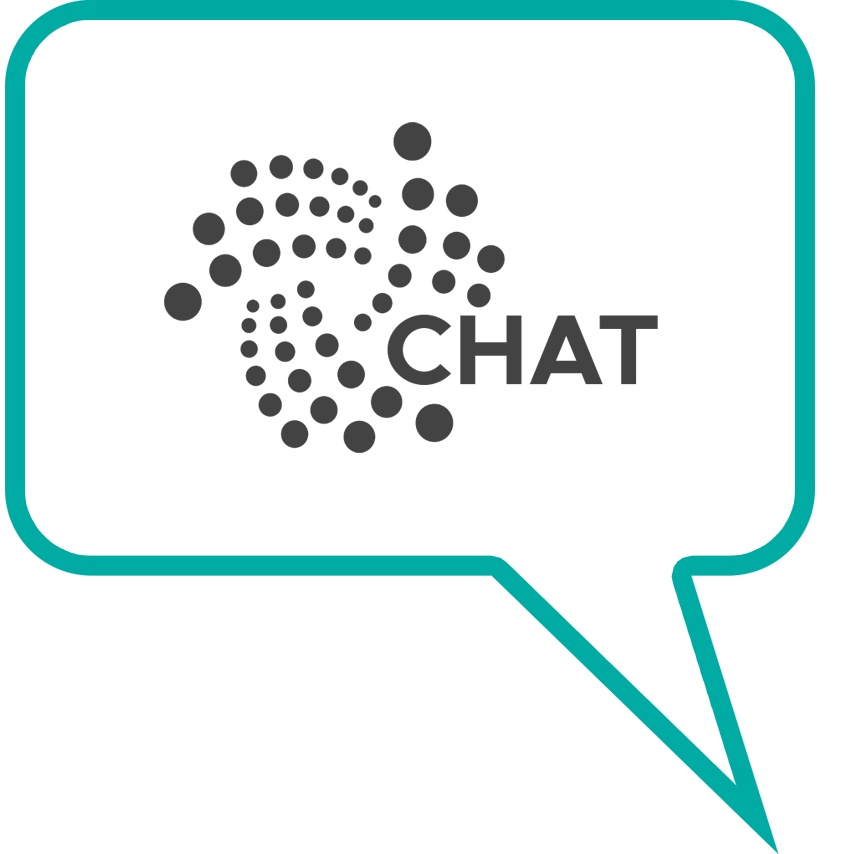
Ethereum’s Major Update: Benefit or Burden for the Network? Join the Discussion on Dencun!
Ethereum, the second largest cryptocurrency by market capitalization, just went through its biggest upgrade in over a year. The Dencun update, which combines two simultaneous upgrades called “Deneb” and “Cancun,” is seen as a step towards making the network more affordable. However, not everyone in the Ethereum community agrees that this is the best course of action.
The main change coming with the Dencun update is the implementation of “proto-sharding,” a process that creates new lanes on the blockchain highway to increase transaction capacity. This is specifically targeted at reducing fees for layer 2 networks, such as Optimism and Arbitrum, which run on top of Ethereum and offer users cheaper transactions.
Many developers are celebrating Dencun for its potential to improve affordability, but others are expressing concerns about the long-term impact. According to Rich Rines, an initial contributor at Core DAO, while the upgrade addresses scalability issues, it may not be a permanent solution.
The upgrade, known as proto-danksharding, does little to directly address Ethereum’s high fees. Instead, co-founder Vitalik Buterin has been pushing for a “rollup-centric” approach, where the responsibility for scaling is shifted to third-party networks. Proto-danksharding is a step towards this vision by optimizing the network for rollups, which have grown to surpass Ethereum in terms of transaction volume. This is achieved through the introduction of “blobs,” a new data structure that rollups can use to post data back to the base Ethereum chain, allowing them to operate more efficiently.
While the goal of making the network more accessible by encouraging the use of cheaper layer 2 networks is admirable, some developers worry that this could fragment the Ethereum ecosystem. By ceding control to other networks, Ethereum’s primary use case as a “settlement layer” is diluted. As Christine Kim, vice president of research at crypto investment firm Galaxy Digital, puts it, this essentially means that other protocols are taking responsibility for general-purpose computation, rather than Ethereum itself.
There are also concerns about the security of rollups, as they rely on borrowing Ethereum’s security system. However, different layer 2 networks have varying levels of security, with some using centralized systems and others relying on user trust. This may not align with Ethereum’s core values of decentralization and permissionlessness, and as more users become comfortable with these compromise-laden networks, it could lessen Ethereum’s influence as a purist platform.
But according to Tim Beiko, who leads Ethereum’s biweekly “All Core Devs” calls and helped coordinate the Dencun upgrade, a shift towards cheaper networks may be inevitable. He believes that it is not Ethereum’s role to dictate the market structure, and having more options for users is ultimately a good thing.
In the end, it remains to be seen if the Dencun update will effectively address Ethereum’s fees and scalability issues. As the network continues to evolve, it is important to consider the long-term implications and ensure that Ethereum’s core values are not compromised.


